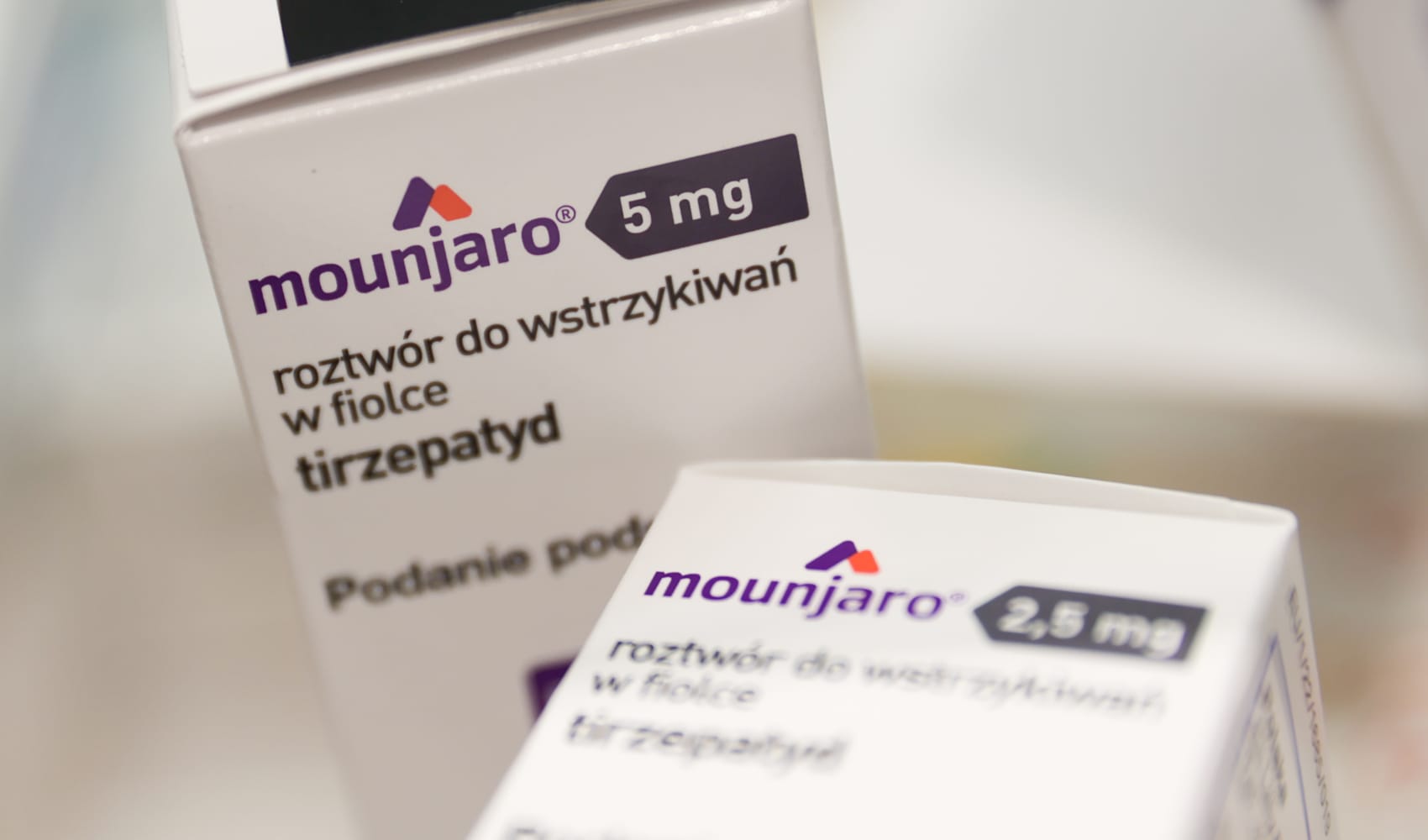Eli Lilly’s blockbuster diabetes drug, Mounjaro, has demonstrated significant cardiovascular health benefits in a pivotal late-stage clinical trial, directly comparing its efficacy with the company’s established treatment, Trulicity. These compelling results highlight Mounjaro’s potential to become a primary choice for managing Type 2 diabetes, especially for patients with co-existing cardiovascular conditions.
The study meticulously evaluated Mounjaro’s performance, successfully meeting its primary objective by proving non-inferiority to Trulicity in treating individuals with Type 2 diabetes and established cardiovascular disease. This finding is crucial, signaling that Mounjaro is at least as effective as Trulicity in this critical patient population, aligning with expectations for a modern diabetes therapeutic.
The timing of these positive trial outcomes is particularly strategic for Eli Lilly, as Trulicity, also a top-selling drug for the pharmaceutical giant, faces patent expiration in 2027. This development could substantially bolster Mounjaro’s market dominance and provide a significant competitive edge in the evolving landscape of diabetes medications, securing its future as a key revenue driver for the company.
Beyond non-inferiority, Mounjaro presented more comprehensive benefits, including an 8% reduction in the risk of cardiovascular death, heart attack, or stroke compared to Trulicity. While some analysts found this insufficient to declare Mounjaro “superior,” the trial also revealed a clinically profound 16% lower rate of death from any cause and enhanced kidney protection, reinforcing its broad therapeutic value.
Expert clinicians like Dr. David Broome from the University of Michigan acknowledged the impressive difference in all-cause mortality, calling it “clinically meaningful.” Dr. Howard Weintraub of NYU Langone Heart praised Mounjaro as a “winner,” despite minor concerns about slightly more side effects and potential insurance coverage challenges due to its higher list price, suggesting further scrutiny of the data is anticipated.
Eli Lilly plans to submit the comprehensive heart health data to global regulatory bodies by the end of the year, with potential approvals for this specific indication by 2026. This move is expected to pave the way for increased insurance coverage, making Mounjaro more accessible to a wider patient demographic and reinforcing Eli Lilly’s commitment to advancing diabetes care.
These results further solidify Eli Lilly’s leading position in the burgeoning market for weight loss and diabetes medications, where the company, alongside competitors, is continuously researching additional health benefits for conditions such as obstructive sleep apnea and chronic kidney disease. While Mounjaro’s current approval covers many Type 2 diabetes patients with cardiovascular disease, separate trials are underway for its counterpart, Zepbound, specifically for obesity-related cardiovascular benefits.
Despite the strong profile and promising results, some market analysts, including TD Cowen’s Steve Scala and Leerink Partners’ David Risinger, believe that Mounjaro’s uptake may not drastically change, as its existing “strong profile” already drives significant adoption. However, these new cardiovascular benefits undeniably strengthen the overall clinical narrative, making it increasingly difficult for payers to deny coverage.
Throughout the extensive nearly five-year study involving over 13,000 participants, the safety profile of both Mounjaro and Trulicity remained consistent with prior observations. The most commonly reported adverse events were gastrointestinal in nature, generally mild to moderate in severity, underscoring the drugs’ well-established safety and tolerability for patients.






Leave a Reply